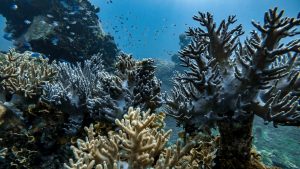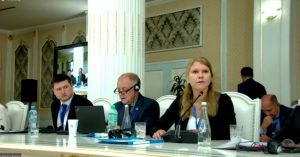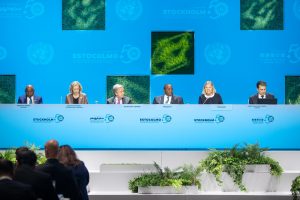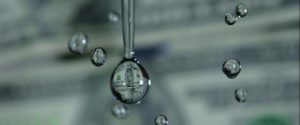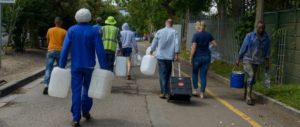Taking the “waste” out of “wastewater”
Maybe it is time to take the “waste” out of “wastewater”? This year’s Stockholm Water Prize Laureates, Professors Bruce Rittmann and Mark van Loosdrecht, are using microbiology to create processes that could turn pollutants into valuable resources.
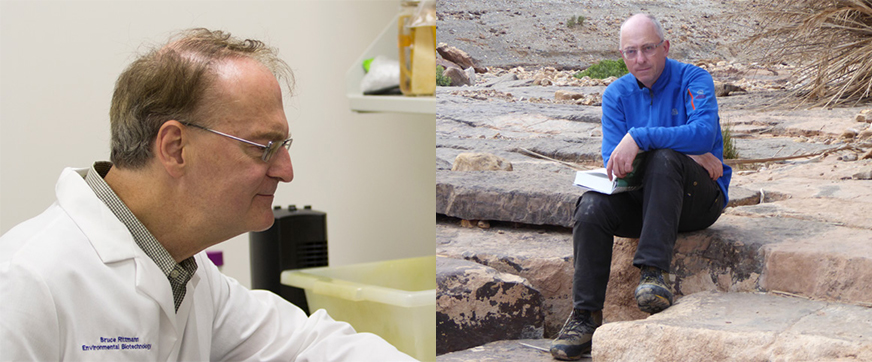 Photo: Biodesign Institute; Jessica Hochreiter; TU Delft
Photo: Biodesign Institute; Jessica Hochreiter; TU Delft This article is written by Maria Sköld and orginially published in WaterFront #1 2018.
Professors Rittmann and van Loosdrecht were named the 2018 Stockholm Water Prize Laureates for their pioneering role in the water-related environmental biotechnology revolution currently taking place.
“Today, we are in a revolutionary period which incorporates powerful biological technologies to accomplish what we could have only wished for in the past,”
as the Stockholm Water Prize committee noted in its citation. Rittmann and van Loosdrecht have both played a leading role by presenting new knowledge around microbiological processes in wastewater, with each of them writing over 500 articles in peer-reviewed scientific journals. But their contributions are not only academic. Their research has also led to a new generation of water treatment processes that make it possible to remove harmful contaminants from water, cut wastewater treatment costs, reduce energy consumption, and even recover chemicals and nutrients for recycling. Bruce Rittmann is Regents’ Professor of Environmental Engineering and director of the Swette Center for Environmental Biotechnology at the Biodesign Institute, Arizona State University in the USA. He currently holds 16 patents and has helped found two companies to exploit his inventions related to recovering energy and valuable metals from waste streams. Similarly, the Environmental Biotechnology research group around Professor Mark van Loosdrecht at Delft University of Technology in The Netherlands, has contributed a number of patented innovations that have turned wastewater treatment on its head… Keep reading story here, or below >>
